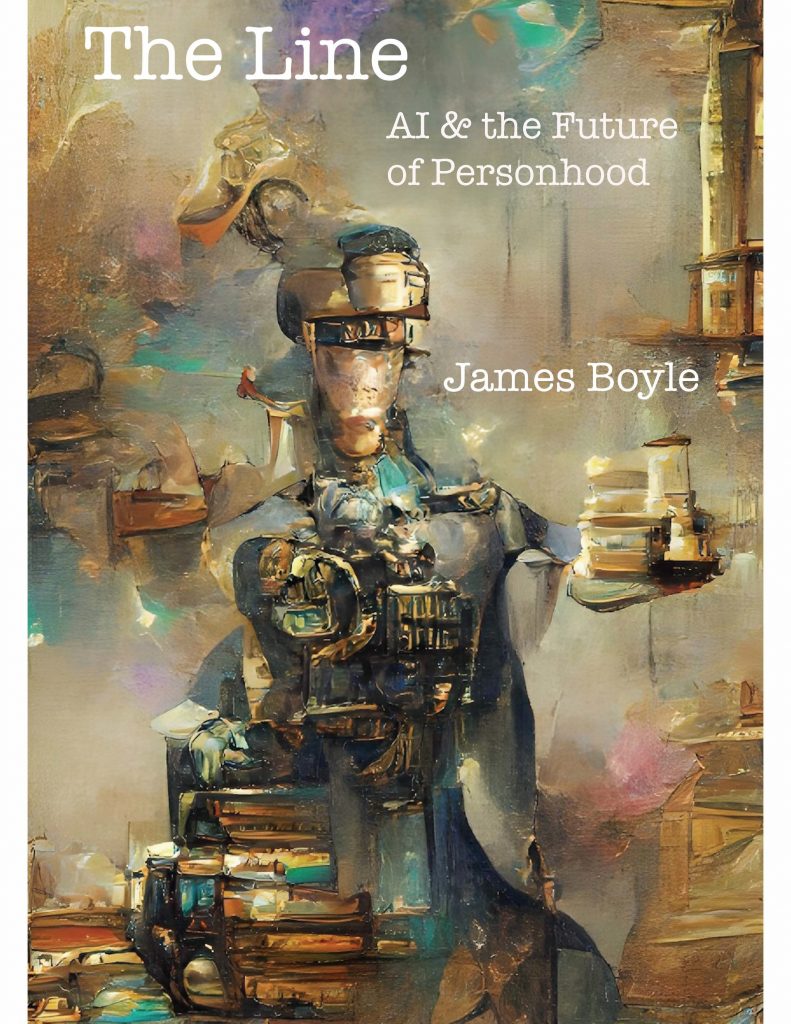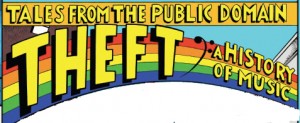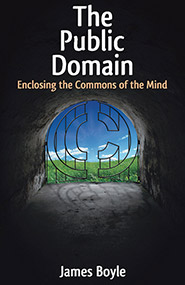I just started writing a column for the Huffington Post. (I will still be writing for the FT.) My first column is on the Google-Verizon announcement. Not the “what” but the “why?”
The question is, why would Google do this?
Is it a matter of corporate naivete? Verizon is, at base, a telephone company; it thrives in the interstices of state regulation the way small marine organisms thrive inside the nooks and crannies of a coral reef. That is its preferred habitat. Its organizational culture evolved there and it is brilliantly adapted to it. Google is a company built by engineers. The initial reaction of engineers to regulation – and I speak as someone who has had to explain legal rules to computer scientists many times – is simply to reject large amounts of them as “stupid” and thus obviously not real. Their second reaction, when the “that’s just stupid” defense fails to cause legal reality to conform itself to their beliefs, is to use technology to design around the rules. (Google something in a foreign country and you will realize this immediately. Geolocation allows tailoring of content based not just on national interest but national rules.) Their third is to make a deal, in the hopeful — and utterly laudable – belief that there is a possible agreement hidden in the details, a technologically mediated compromise that can make everyone better off. Those two different organizational cultures were on display in Monday’s announcement. Unfortunately, the announcement was about… regulatory schemes (and how to gut them). That is playing to Verizon’s strengths, not Google’s. And it showed.
The rest is here.








